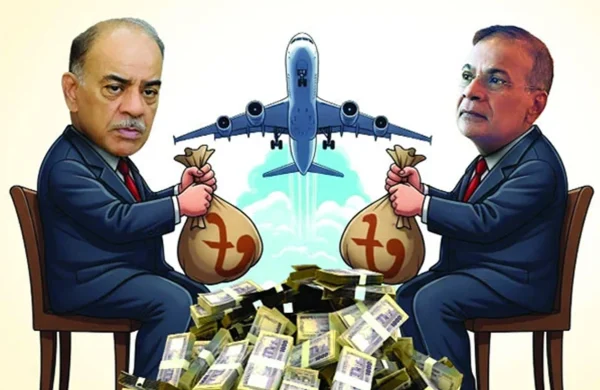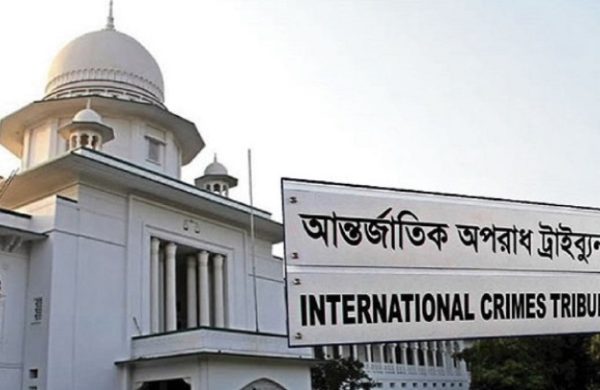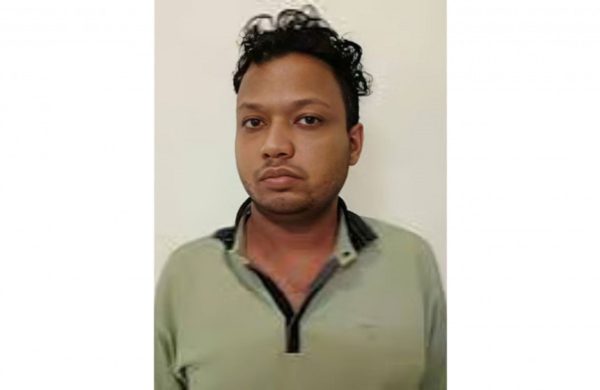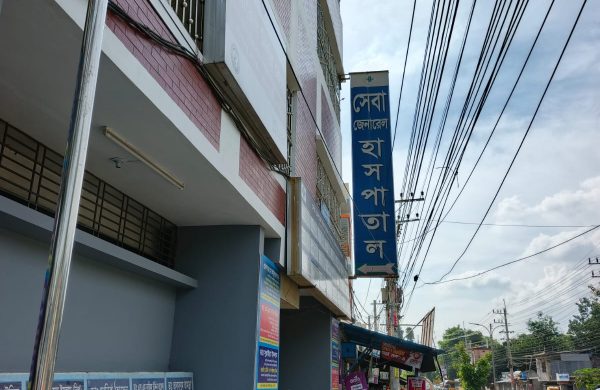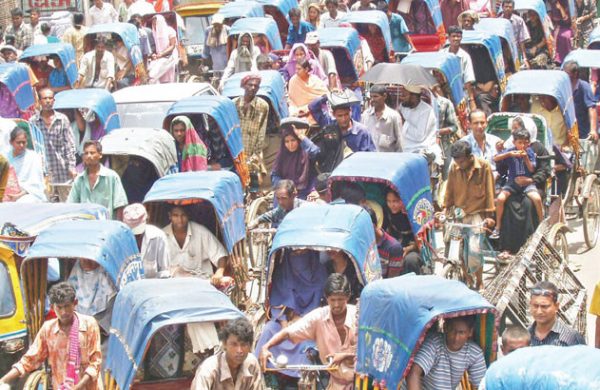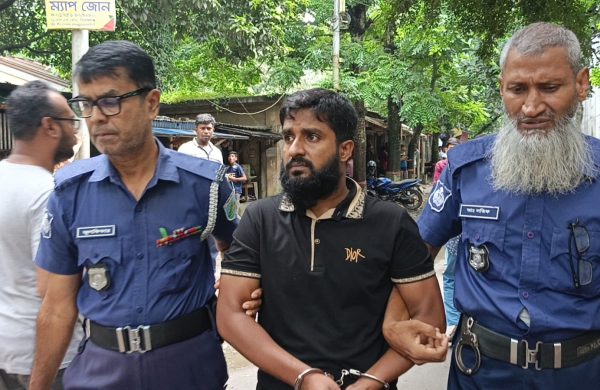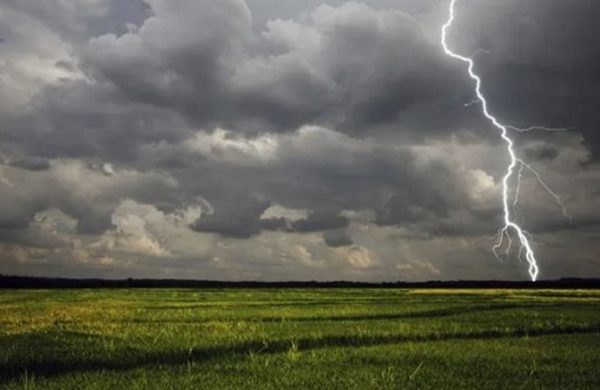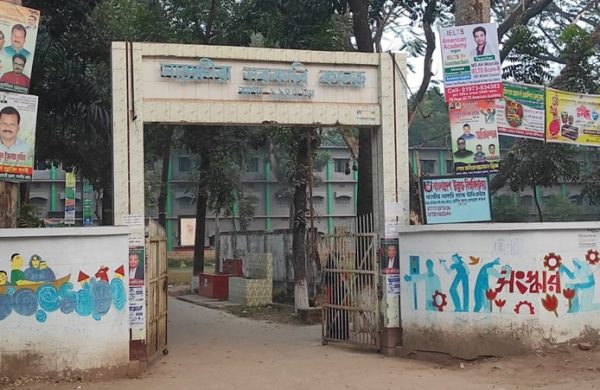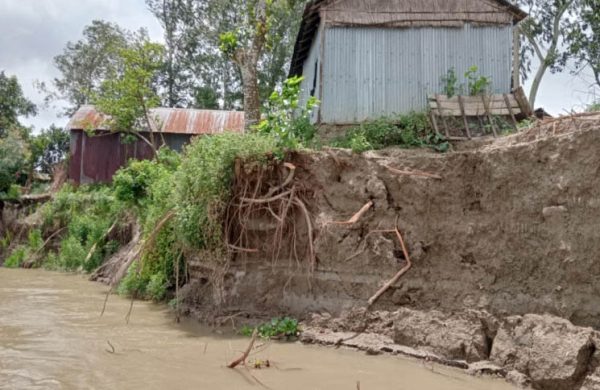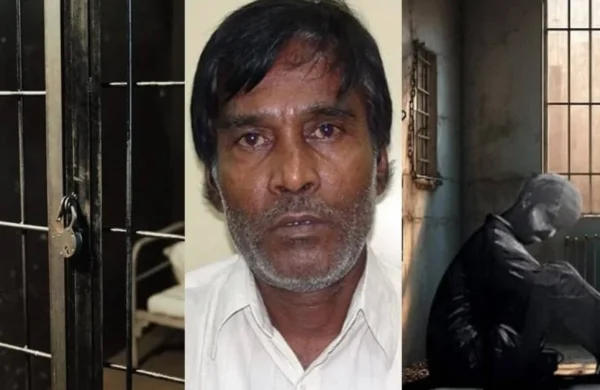Mafias behind power sector looting
- Update Time : Thursday, August 21, 2025
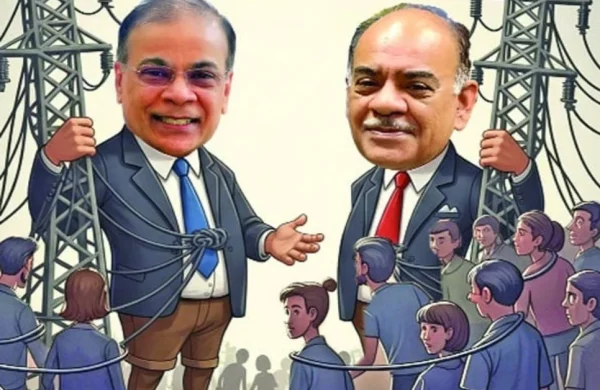
TDS Desk:
Bangladesh’s power sector has become heavily dependent on Summit Group, leaving the country virtually hostage to its control.
Under the autocratic Awami League government, the sector was made dependent and exposed to serious risks. To grant Summit Group unchecked dominance, the fallen regime jeopardised national interests, allowing the company to plunder the sector freely.
During Sheikh Hasina’s tenure, not only did the regime itself engage in looting, but it also cultivated a corrupt clique around the power industry. Being close and trusted by Sheikh Hasina, Summit Group informally became the central authority in power-sector decision-making. Decisions on who would receive quick rental projects and from whom electricity would be purchased were made by Summit. The state minister and secretaries of the power division primarily served to collect bribes, channel commissions abroad, and launder illicit funds. Policy decisions in the power sector were dictated by Summit.
Investigations revealed that Summit Group Chairman Muhammad Aziz Khan and his daughter Ayesha Aziz Khan were personally close to Sheikh Hasina and her son Sajeeb Wazed Joy.
Although Aziz Khan held no government position, he received VVIP protocol upon arriving in Bangladesh and could meet the prime minister without an appointment. Joy frequently traveled to Singapore and stayed at Aziz Khan’s residence. Exploiting these personal ties, Summit Group allegedly looted the sector with impunity.
In 2010, taking advantage of the national power shortage, the government passed the Quick Enhancement of Electricity and Energy Supply (Special Provisions) Act, allowing projects to be awarded without tender.
The government then approved a series of expensive projects based on unrealistic power demand forecasts — many allegedly awarded on political grounds rather than necessity. Sheikh Hasina’s private industry and investment adviser Salman F Rahman, former MP Nahim Razzaq, and about two dozen other lawmakers secured contracts for solar and other projects. Summit, United Power, BanglaCAT, Mohammadi Group, Doreen, Baraka, Sinha and others built numerous power plants, many of which experts deemed unnecessary.
These plants earned hundreds of crores in “capacity payments” despite producing little or no electricity.
Although Summit’s business is largely Bangladesh-centred, its power and energy subsidiaries are registered under “Summit Power International” in Singapore, meaning much of its income did not benefit the country and creating opportunities for large-scale money laundering. The government, Summit’s principal buyer, protected the company from direct consumer accountability.
Meanwhile, the Bangladesh Power Development Board (BPDB), as the sole purchaser of electricity, has been struggling to pay private producers like Summit due to special privileges granted to them.
Summit alone accounts for about 21% of the country’s total private power capacity, operating 20 plants with around 3,000 MW capacity — many approved despite lack of demand.
Over the past 15 years, Summit collected thousands of crores in capacity charges without producing power. Between July 2019 and March 2022, the company alone received Tk4,406.35 crore in capacity payments, about 12.57% of all capacity payments during that period.
From 2010 to 2024, Summit reportedly earned Tk36,000 crore from Bangladesh’s power sector.
Even amid gas shortages, Summit continued to receive plant approvals. In 2024, during an acute gas crisis, the government approved a 600 MW gas-based power plant in Meghnaghat, Narayanganj, and began building a gas pipeline from Cumilla to supply it.
In 2013, bypassing Bangladesh Petroleum Corporation’s legal monopoly on fuel imports, the government illegally allowed Summit to import 100,000 tonnes of furnace oil annually, granted tax exemptions, and even paid the company a 9 percent service charge.
Experts warned this would enable over-invoicing and money laundering — allegations later confirmed by BPC and Customs. Summit reportedly imported oil at 1.5 times the price paid by BPC, siphoning illicit funds abroad. Under the same indemnity law, Summit also built a floating LNG terminal (FSRU) in Maheshkhali without competitive bidding.
According to the FSRU contract, Summit receives $4.5 million (approx. Tk90 crore) per month in capacity charges even if the terminal remains idle. Following the fall of the Awami League government, the interim administration launched investigations into Summit’s corruption. A Dhaka court froze Tk42 crore across 191 bank accounts linked to Summit Group on 9 March at the request of the Anti-Corruption Commission (ACC).
The ACC application stated that during investigations into bribery, corruption, illicit wealth accumulation, and money laundering, substantial sums were discovered in the company’s savings, fixed deposits, and other accounts. The amounts appeared abnormal and suspicious, raising fears that the funds could be withdrawn and moved abroad at any time.
The ACC argued these accounts must be frozen under Section 14 of the Money Laundering Prevention Act 2012. The court granted the request, blocking Tk41.75 crore.
Separately, on 4 May, another Dhaka court froze shares worth €4.115 million (around Tk56.66 crore) in a Luxembourg-based company owned by Summit Group Chairman Muhammad Aziz Khan and his family.
The ACC stated that investigations have uncovered evidence of illicit wealth obtained through bribery, corruption, and criminal activities linked to Summit and its associates. Freezing these assets, the ACC said, was necessary to ensure a fair probe. The court approved the request.


